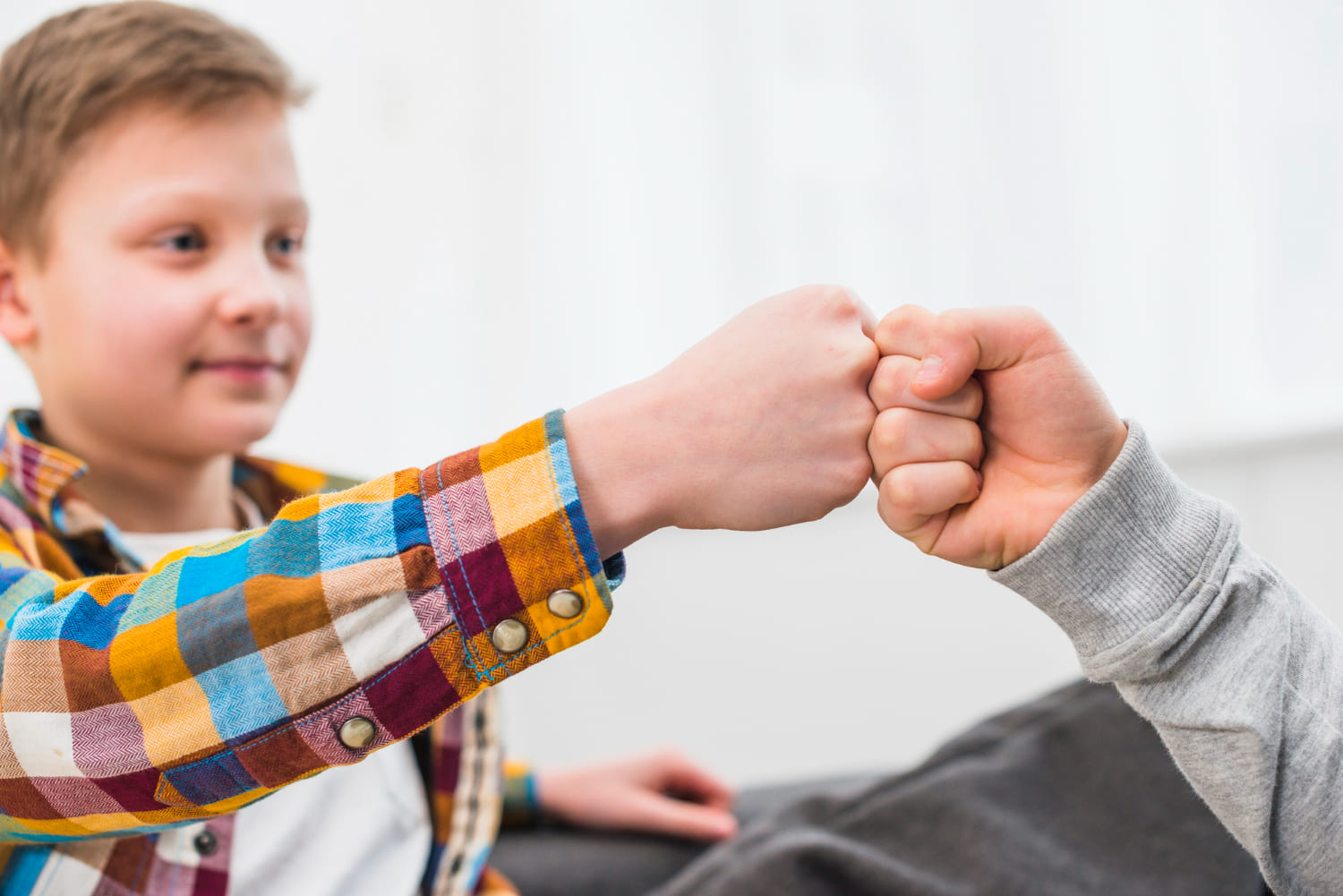If you have a child aged two to three years and you’re noticing some developmental concerns, here are a few signs to watch for: Your child may be withdrawing from others, avoiding play with peers, or showing a lack of interest in social interactions. They might have trouble with language—either not speaking at all or losing previously learned words. Other signs include not responding to their name, having poor eye contact, constant movement, and repetitive behaviors like rocking, spinning, or hand-flapping. If you notice any of these signs, it’s important to consult a developmental specialist for an evaluation to rule out Autism.
Autism, also known as Autism Spectrum Disorder (ASD) or Pervasive Developmental Disorder (PDD), is becoming increasingly common. The rate of autism diagnoses is rising rapidly. According to the Centers for Disease Control and Prevention (CDC), about 1 in 110 children in the United States is diagnosed with autism. This is quite alarming and the trend seems to be growing. Although we don’t have precise statistics for India, it’s clear that autism is on the rise there as well. Unfortunately, the exact cause of autism remains unknown.
Typically, autism is diagnosed between 18 months and 3 years of age. While early signs can appear before this age, they are often difficult to recognize. The severity of autism can vary widely, which is why it’s referred to as a spectrum disorder. This means that the symptoms and their impact can differ significantly from one child to another. Generally, autism affects verbal and non-verbal communication, social interactions, and behavior. Communication challenges may include delayed speech, limited speech, difficulties in using speech effectively, or a complete lack of speech. Around 40% of children with autism never develop verbal communication.
Social interactions may also be problematic, with children struggling to form friendships, showing withdrawn behavior, and having little interest in sharing joy or achievements with others. They might have difficulty understanding or expressing emotions, both their own and those of others. Behaviorally, children with autism might engage in repetitive or stereotyped actions like hand-flapping or spinning, and they may display signs of hyperactivity. They might also have strong attachments to specific topics or objects, such as rotating objects, TV ads, or particular toys.
Homeopathy can offer support for children with autism. While it might not work for every child, some children with mild to moderate autism have shown significant improvement with homeopathic remedies. Those with some speech and less hyperactivity often benefit the most from these treatments. The younger the child, the better the chances of improvement with homeopathic medicine.




